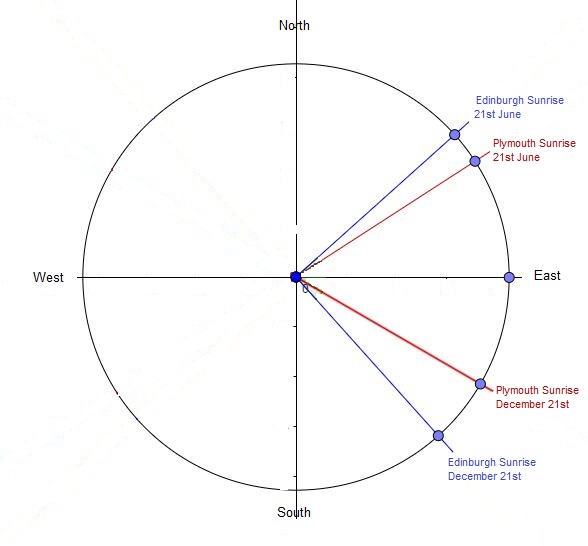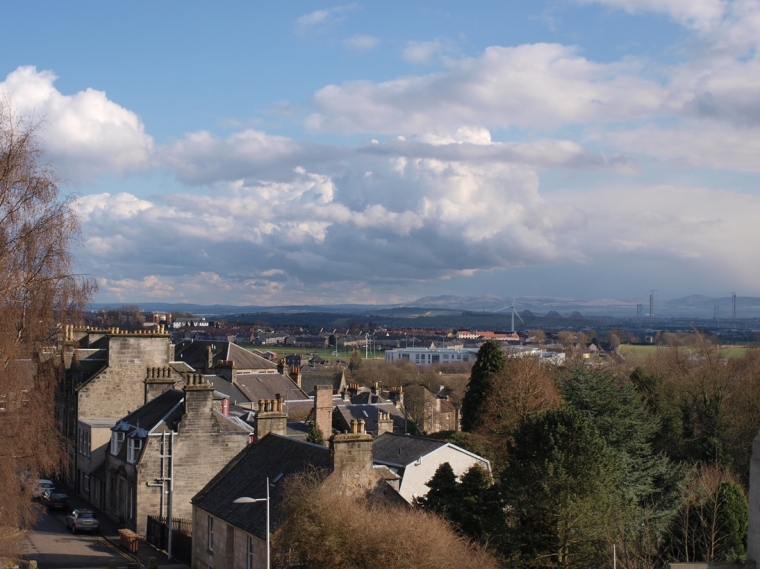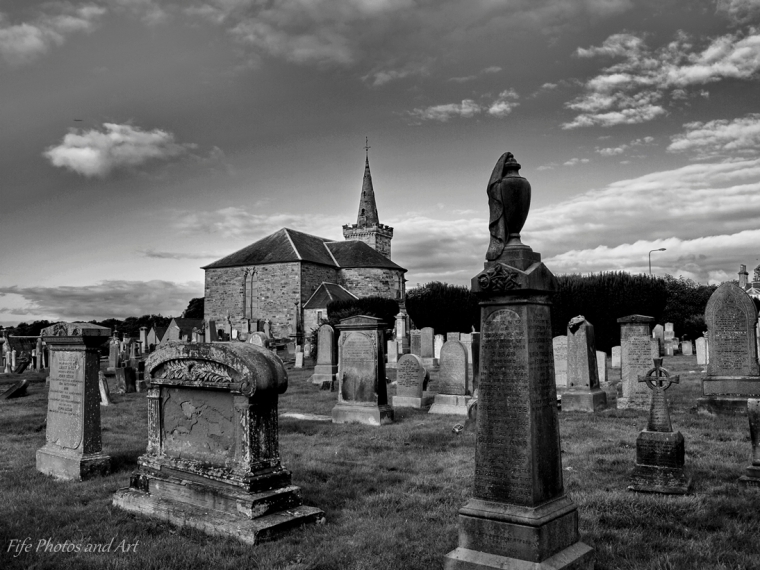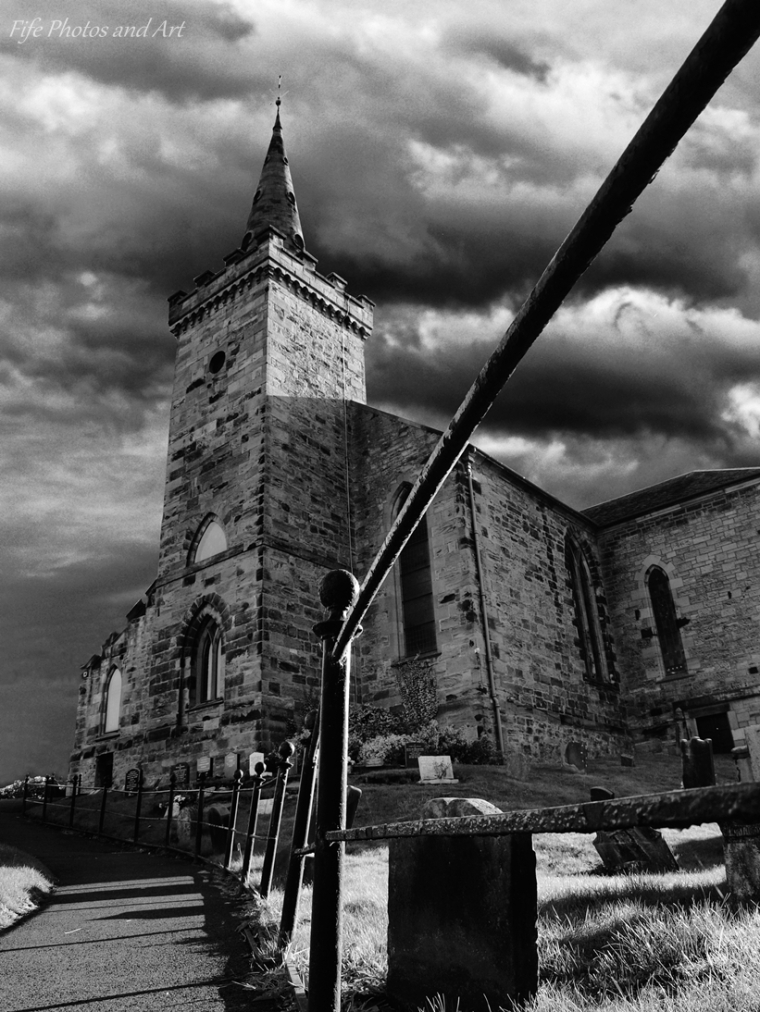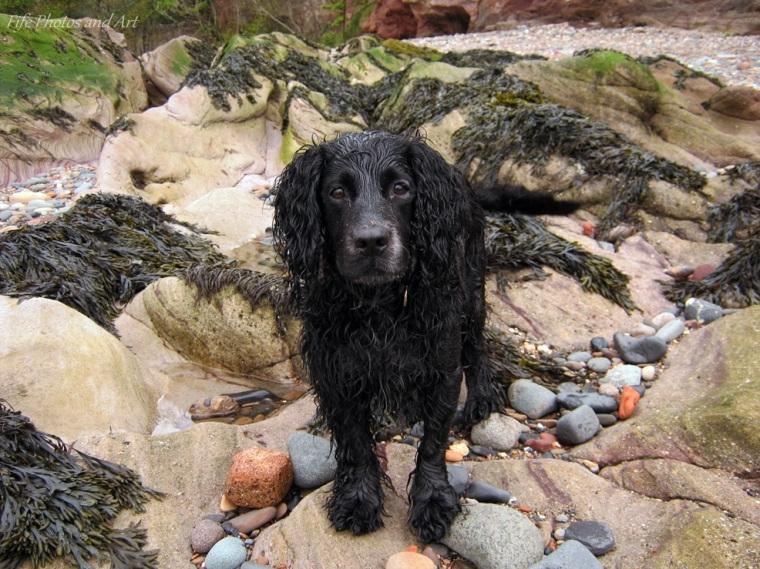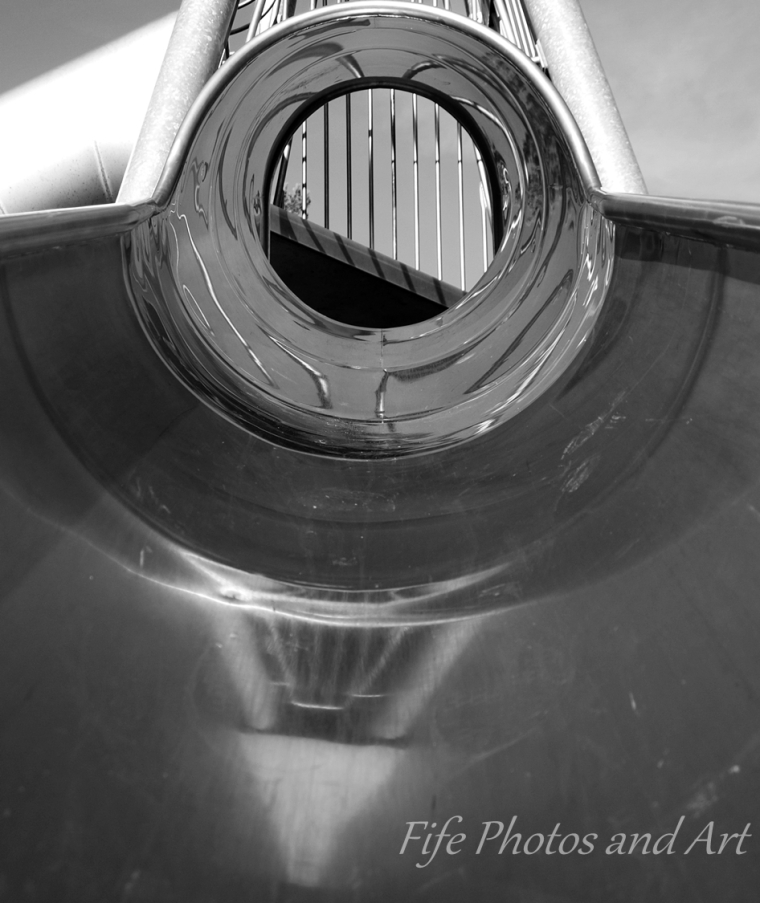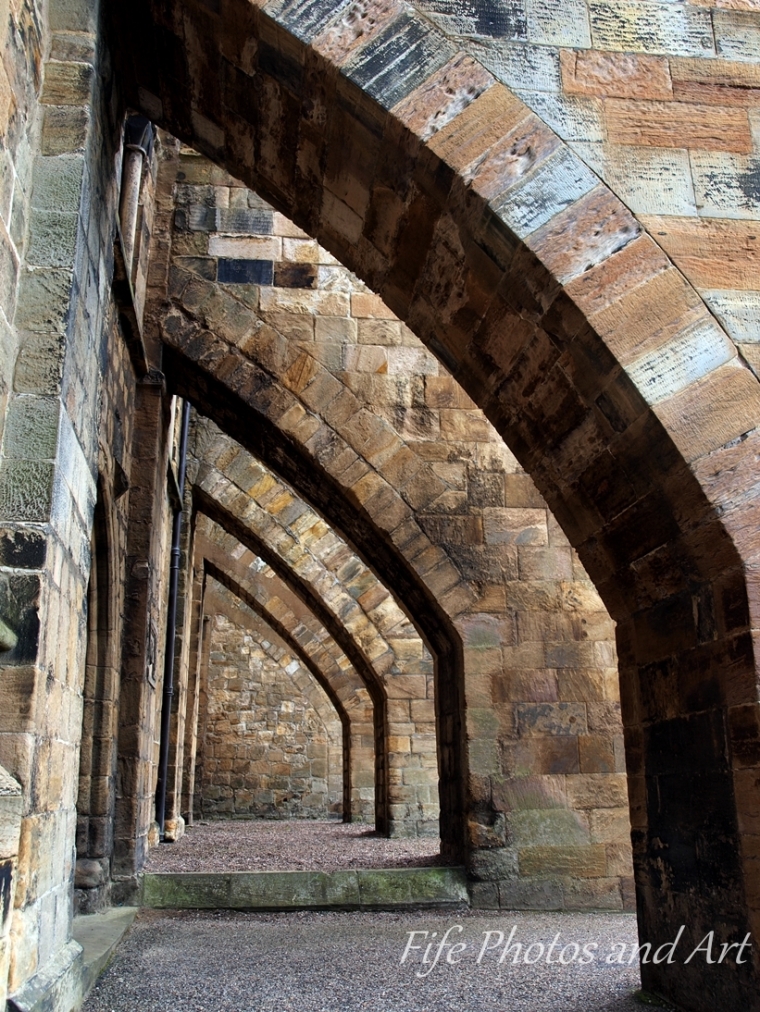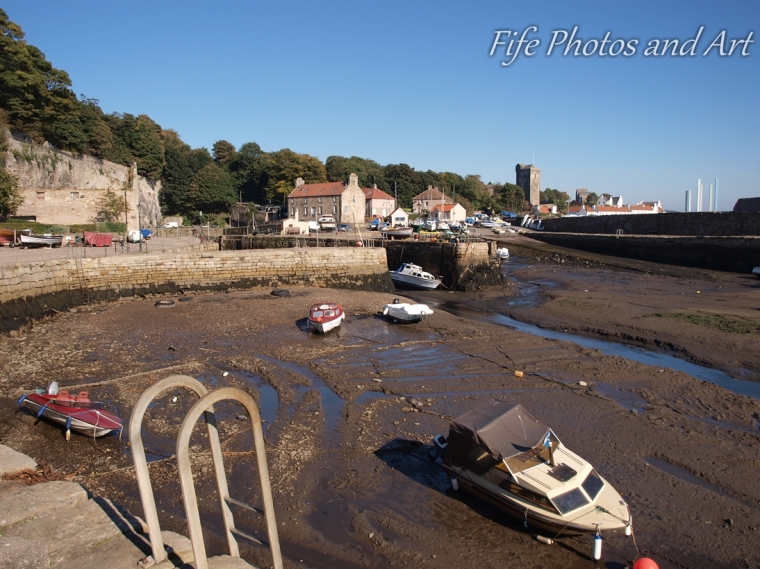Original
There’s a puckle lairds in the auld house
wha haud the wa’s thegither:
there’s no muckle graith in the auld house
nor smeddum aither.
It was aince a braw and bauld house
and guid for onie weather:
kings and lords throng’d in the auld house
or it gaed a’smither.
There were kings and lords in the auld house
and birds o monie a feather:
there were sangs and swords in the auld house
that rattled ane anither.
It was aince a braw and bauld house
and guid for onie weather:
but it’s noo a scrunted and cauld house
whaur lairdies forgaither.
Lat’s caa in the folk to the auld house,
the puir folk a’ thegither:
it’s sunkit on rock is the auld house,
and the rock’s their brither.
It was aince a braw and bauld house
and guid for onie weather:
but the folk maun funder the auld house
and bigg up anither.
English Translation of ‘The Auld House’
There’s a good few lords in the old house
who hold the walls together:
there’s no large furniture in the old house
nor good sense either
It was once a fine and bold house
and good for any weather:
kings and lords crowded in the old house
or it went to pieces.
There were kings and lords in the old house
and birds a many a feather:
there were songs and swords in the old house
that rattled one another.
It was once a fine and bold house
and good for any weather:
but it’s now a stunted and cold house
where lordies gather.
Lets call in the folk to the old house
the poor folk all together:
it’s sunk on rock is the old house
and the rock’s their brother.
It was once a fine and bold house
and good for any weather:
but the folk must uproot the old house
and build up another.

Pitcairn House, Glenrothes – Close up of east wall
See Pitcairn House post for more information about these photos.

Pitcairn House, Glenrothes – View from west wall.
William Souter
William Souter was born in Perth on 28th April 1898. He left school in 1916, and joined the Royal Navy, serving in the Atlantic and the North Sea during WWI. He was discharged in 1919, having begun to suffer from back pains and stiffness. He then enrolled in a medical degree at Edinburgh University, but transferred to English after one year, and graduated in 1923.
Unfortunately, in 1924 he was diagnosed with ankylosing spondylitis, an infection of the spine, which had gone too far to be cured. Treatment continued for the remainder of his life, but following an unsuccessful operation in 1930, he became bedridden until his death in 1943. Fortunately for William, he was the only child of very loving parents, and his father converted the downstairs of their house to create a large bedroom with a bay window overlooking their back garden. From his bed, he spent his time writing poetry and keeping an extensive journal, and entertaining his many visitors, some of which were the leading writers of the Scottish literary renaissance. It was this literary renaissance that helped William Souter to become so famous, his original poems were in English, and not particularly successful, but once he started using his native dialect, his work improved dramatically. Some of his most famous works are whimsical children’s poems and epigrams, such as, for example, this first verse of ‘The Three Puddocks’.
Three wee bit puddocks
Sat upon a stane:
Tick-a-tack, nick-a-nack,
Brek your hawe-bane.
They lookit in a dub
And made nae sound
For they saw a’ the sterns
Gang whummlin round.
(Three small frogs
Sat upon a stone:
Tick-a-tack, nick-a-nack,
Break your neck bone.
They looked in a puddle
And made no sound
For they saw all the stars
Go whirling around.)


























